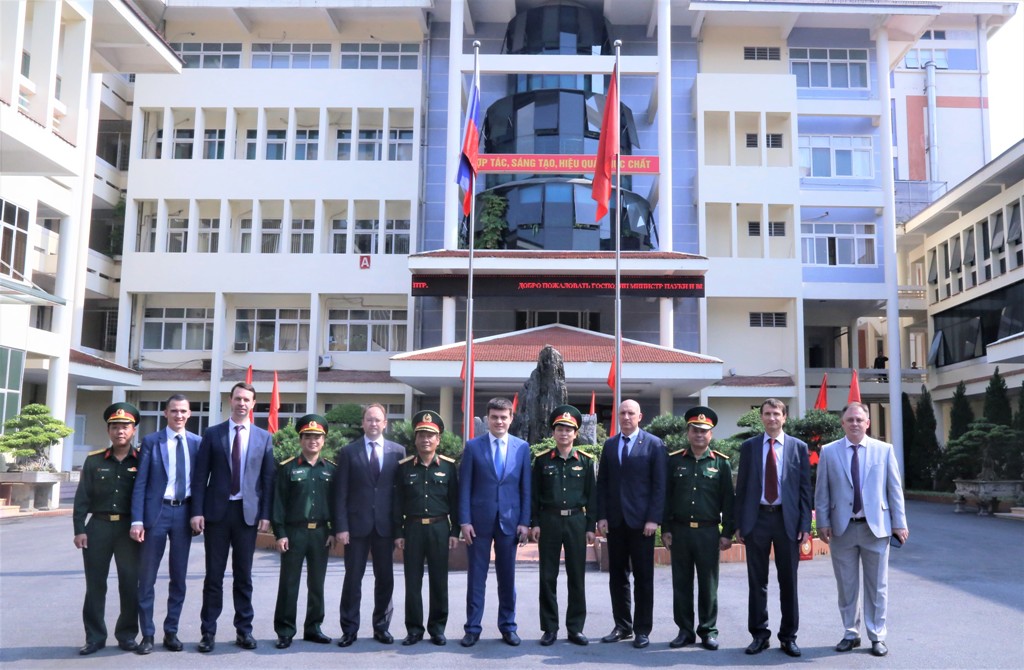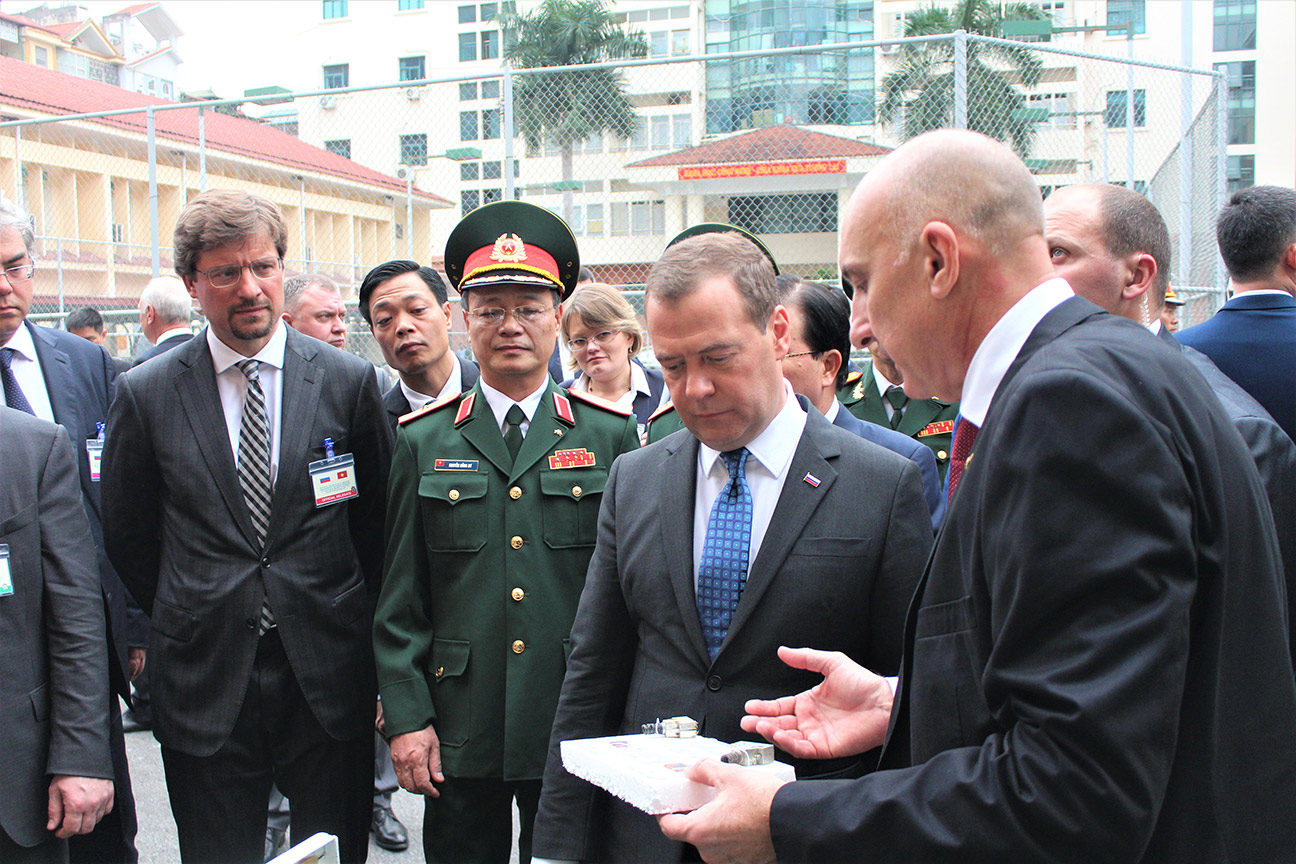Laboratory of Tropical Medicine
Head of Department: Ph.D. Luong Thi Mo
Introduction
The Tropical Durability Department is a research unit of the Southern Branch of the Vietnam-Russia Tropical Center and was established in 1992. The department has the functions of carrying out scientific research, applying and transferring technologies, providing scientific and technological services, and training human resources in the field of tropical medicine.
Main research directions
- Researching tropical infectious diseases, zoonotic infectious diseases transmissible from animals to humans, hosts and vectors of diseases, and development of in-depth studies of pathogens using molecular biological methods.
- Researching the long-term impacts of agent orange/dioxin on human health at the molecular level.
- Searching for natural valuable compounds (microorganisms, plants, animals) for biomedical research; and compounds that effectively affect disease vectors (parasites, insects, etc.).
- Isolating, screening, and selecting of microbial strains with potential applications in some biotechnological processes.
- Participating in the identification of new or recurrent human pathogens using molecular biological methods.
- Participating in training and enhancing the quality of human resources to meet current requirements.
Facilities and equipment
- The Department of Tropical Medicine is equipped with a modern laboratory system for molecular biology, microbiology, and biochemistry research; a laboratory for working with SARS-CoV-2, etc. The laboratories are also provided with all the necessary equipment and tools from reputable manufacturers such as Qiagen, Biorad, Thermo Scientific, Eppendorf, Heidolph, etc.
Main results
Completed about 20 scientific and technological topics and tasks of all levels.
Some outstanding results:
- Carrying out a comprehensive study of all aspects of plague in Vietnam made it possible to obtain results that reflect the overall picture of the spatial structure, habitats, transmission routes of the pathogen, as well as the influence of socio-economic factors on the spread of plague. The results showed that there were no natural foci of plague in Vietnam and foci of plague were noted only near human settlements, arising in the process of social activities. The results are of great importance in the prevention and epidemiological surveillance of zoonotic diseases;
- Studying the relationship between genetic loci in the Vietnamese genome and resistance to typical tropical infectious diseases, opening up new research directions in the proposal of treatment and prevention;
- The results of studies and assessment of the health status of residents living in areas exposed to agent orange/dioxin; researching and development of diagnostic, treatment, prevention, and rehabilitation methods for victims of agent orange/dioxins.
- Applying biotechnological processes in environmental treatment such as using NV1 products in domestic waste treatment and the process of treating livestock wastewater after biogas that has practical value, bringing better effects to the environment and the health of the people.
- Preparing and obtaining a certificate from the Ministry of Health on the possibility of confirming SARS-CoV-2 using the real-time RT-PCR technology; conducting tests to detect SARS-CoV-2, assisting units inside and outside the army to effectively fight the pandemic.
Form of cooperation
Coordinating with units inside and outside VRTC in studying tropical infectious diseases.









